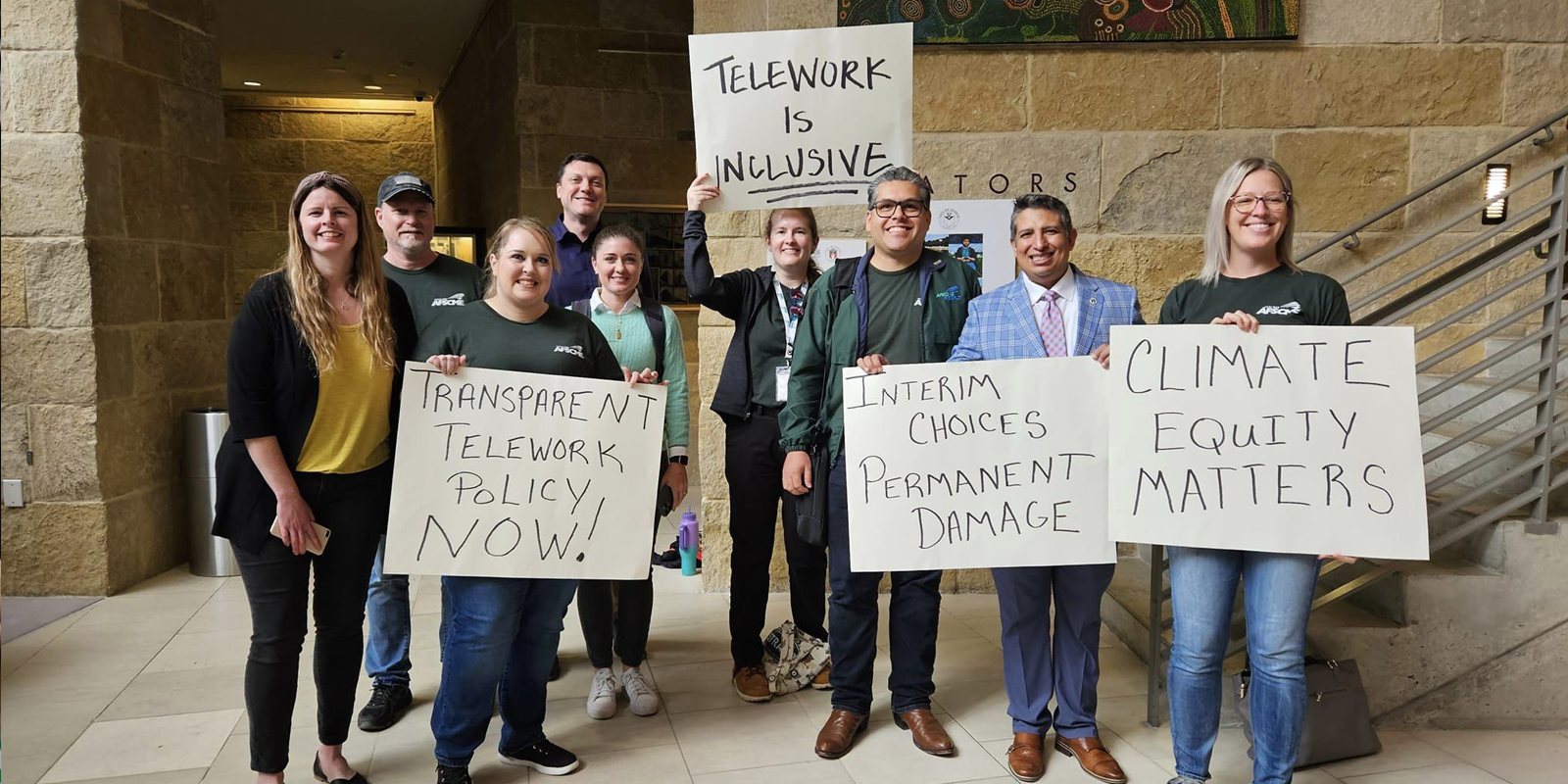With the rise of remote work over the past two years, many employees have grown accustomed to the flexibility and convenience of working from home. However, as companies begin to bring employees back to the office, there is still a significant number of workers who prefer to continue working remotely. This shift has created an opportunity for scammers to target individuals with fake work-from-home job offers.
One common scam involves enticing job listings that promise easy work and high pay. For example, some listings claim that individuals can earn $300 or more per day by simply rating movies from the comfort of their own home. While these offers may seem too good to be true, other scams are more elaborate and can deceive even seasoned workers with college degrees.
Deb Kovacs-Stutevant, a veteran office manager, found herself in need of new work after being laid off from her remote position. She came across what appeared to be a perfect remote job opportunity for a business operations manager at a Texas-based physical therapy firm. Despite conducting thorough research on the company and its CEO, she soon realized that the job offer was a scam.
Upon receiving a large check from her supposed employer with instructions to deposit and cash it, Deb grew suspicious and decided not to proceed. It turned out that the company’s name and CEO were legitimate, but the job offer was a ploy to trick her into cashing a fake check and potentially losing thousands of dollars.
The FBI has issued a warning about the surge in fake work-from-home job scams, emphasizing that scammers often pose as legitimate businesses and target victims through unsolicited calls, texts, or social media messages. These scams typically involve simple tasks initially but may escalate to requests for personal information, credit card numbers, or cashing fake checks.
Toni Frana from FlexJobs shared warning signs to watch for when evaluating job listings for legitimacy. She advised checking the recruiter’s email address for a company domain and verifying their affiliation with the organization through its official website. Additionally, she cautioned against job listings with grammatical errors, an urgent hiring process without interviews, and communication from recruiters using personal email addresses.
Deb Kovacs-Stutevant highlighted the vulnerability of individuals who may be desperate for work and fall victim to these scams. She urged people to ask questions, look for red flags, and be cautious when considering remote job opportunities to avoid financial losses.
In conclusion, as the demand for remote work continues to grow, it is essential for job seekers to remain vigilant and skeptical of enticing job offers that may turn out to be scams. By being aware of the warning signs and conducting thorough research, individuals can protect themselves from falling prey to fraudulent work-from-home schemes.





















